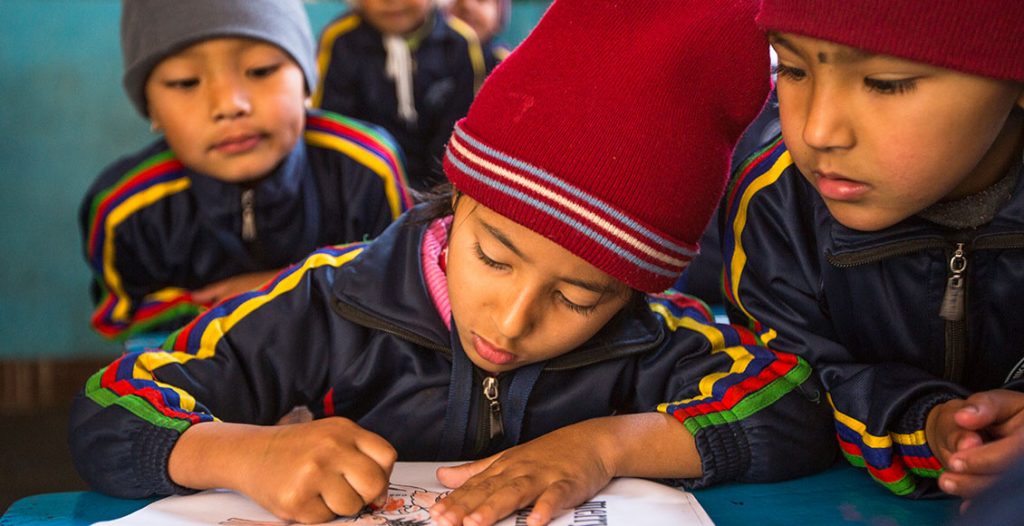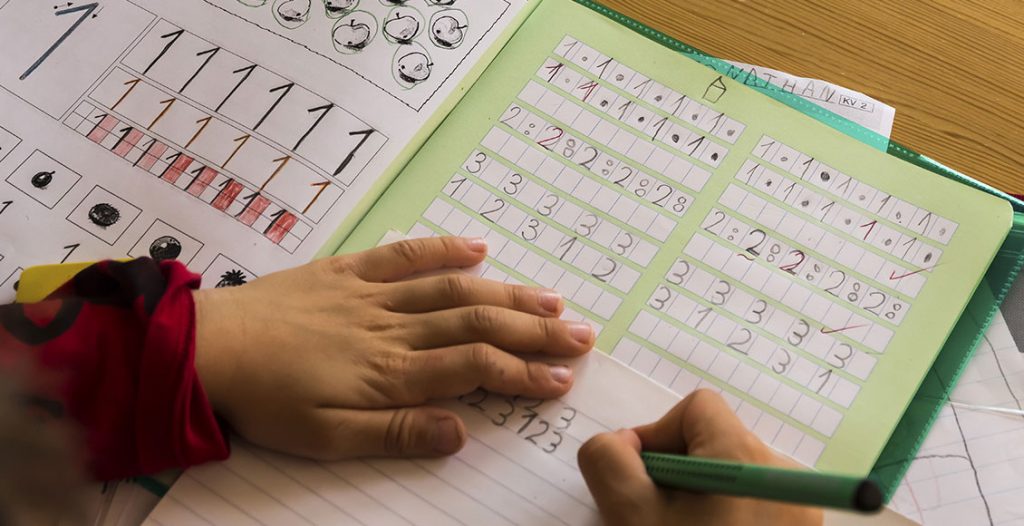Establishing the Solid Basis in Primary School
Primary school covers the first part of compulsory education and sets the stage for everything to follow!
The first stage of our children’s formation creates the basis for every further step along their way. Primary education occupies thus a very crucial position in every person’s life and needs to be well equipped for fulfilling this task most favourably.
Primary education, primary school or elementary school all name the first level of formal and compulsory education but are still to be categorised as early childhood education. They follow the optional preschool and precede secondary school forms. Students are usually between six and ten years old. In many countries this school form is the only one not to conduct ability streaming, all children are taught together irrespective of advancement, handicaps, their family background or cultural heritage. This entails great sociocultural advantages as it fosters anti-bias education and equal opportunities.
One of the United Nation’s Millennium Development Goals was to make primary education globally universal by 2015, they have not yet achieved this ambitious objective, but it reflects the enormous importance of that stage of formation. It establishes the basis for children’s development and sets the tone for future perspectives.

The transmitted factual content is of a fundamental nature spanning a wide range of areas and topics all pursuing the common goal of building a solid basis for any follow-up education to come. It comprises the acquisition of reading and writing in standard language, memorisation, elementary arithmetic and geometry. Students learn to read the clock and understand basic biological and physical processes that explain everyday occurrences as well as their own body functions. They are given geographical and historical information on their home town and places in the near vicinity, they are provided traffic education, musical, technical and sportive activities so that in the end all aspects of adequate development and preparation are covered.

As one can already see from the list of factual topics covered, the delivered content is very much related to the children’s lives and their present imaginative capabilities. It is crucial for primary didactics to present matters very vividly in order to reach the children and enable them to follow until they reach the capability of comprehending more complex issues as well.
Primary education still contains more than factual content: It is also ought to share fundamental societal values and norms like humanity, solidarity, tolerance, peace, and environmental awareness. It shall foster understanding and appreciation for justice and democracy.
Moreover, primary schools provide an open and comforting space that creates a climate of recognition and trust and gives children the chance to develop confidence in themselves, their actions and capabilities. They get to know their strongpoints and teachers are called upon to support them individually so that they can grow upon those.
Whereas there are variations concerning exact duration, institutional organization and core themes when comparing primary education around the globe, the central concept of establishing the very basis is the same.
Author: Andrea Ruscher
